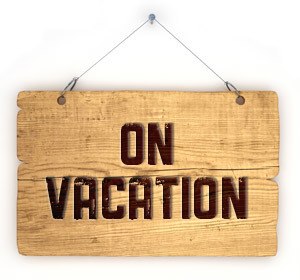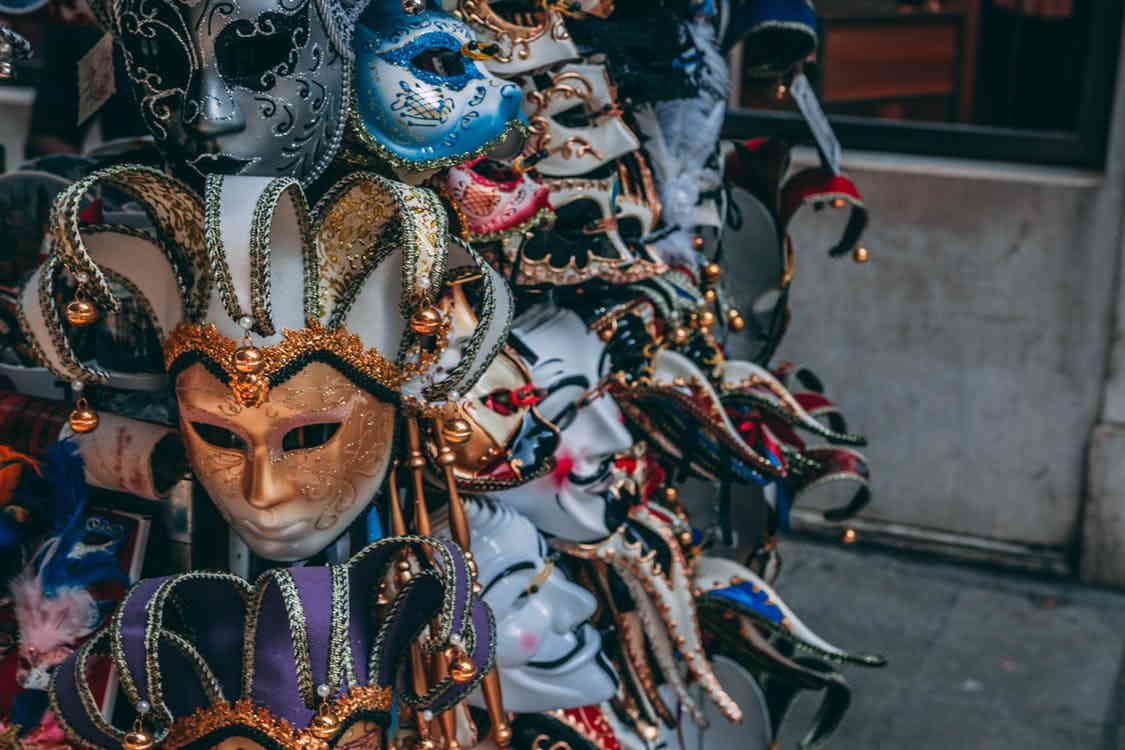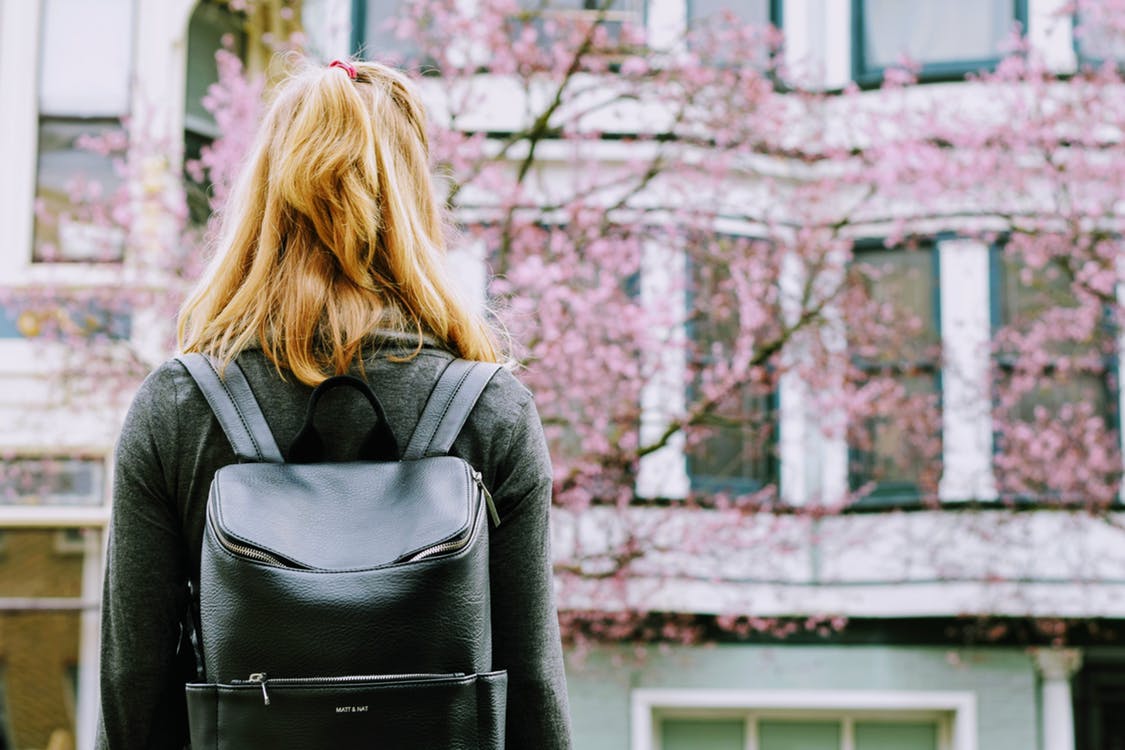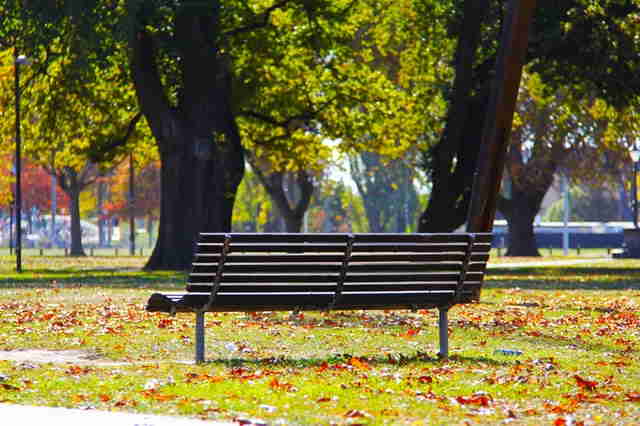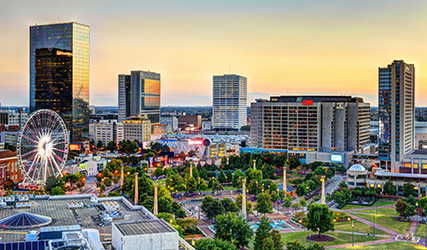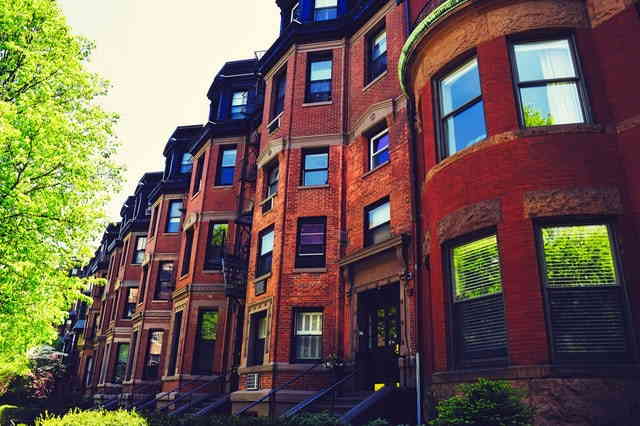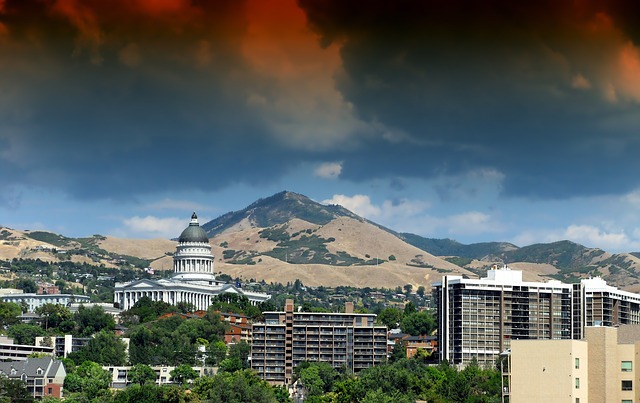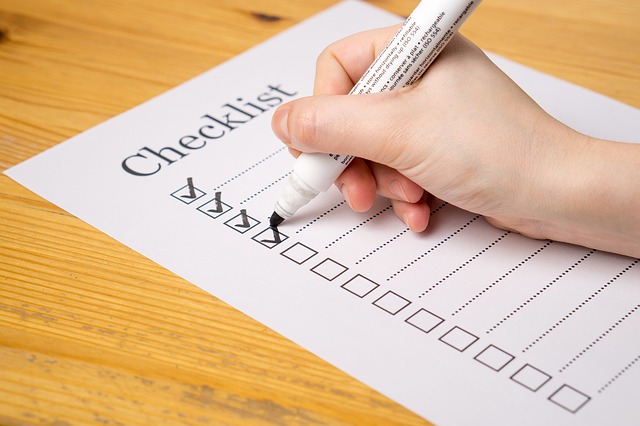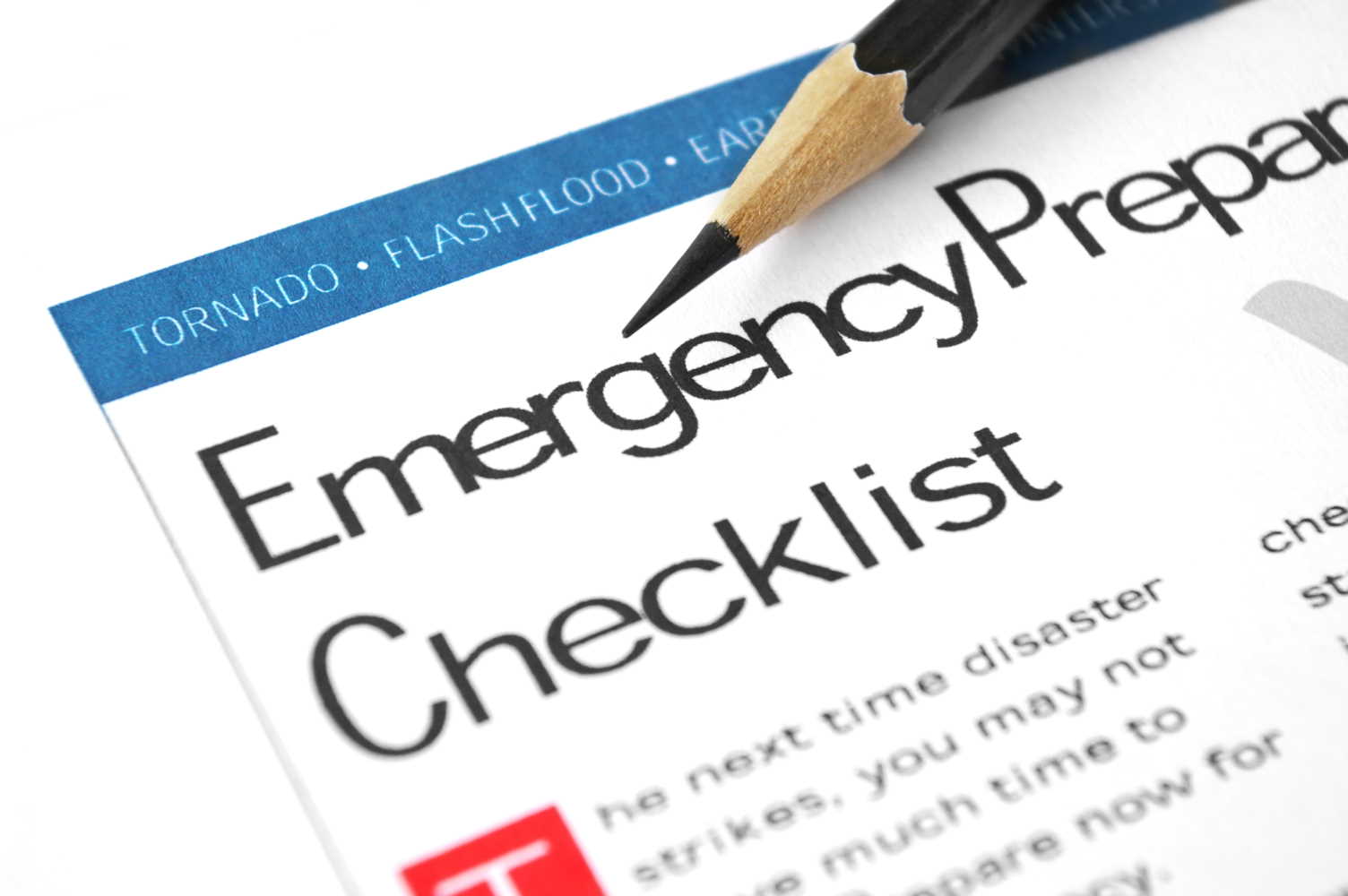4 Apartment Mold Symptoms That Should Worry You
Your apartment should be the place that refreshes your body and mind after a long day, not a place that makes you cough, sneeze, wheeze, and wish you were somewhere else. Follow along as we outline the top four apartment mold symptoms and the steps to take if you believe you're dealing with a mold problem.
What Apartment Mold Symptoms Should Worry Me?
Mold is a fungus that grows in the presence of moisture in warm, dark places. It releases tiny little spores into the air and, if left untreated, can make you really sick. Those spores can settle into your lungs.
You might have mold if you witness or experience any of the following:
- A persistent musty smell
- You see black or dark green spots appearing on any surface
- You start having physical symptoms like sneezing, coughing, trouble breathing, itchy eyes, or skin rashes that (possibly) get better when you leave your apartment
- You see signs of water intrusion like bulging drywall, bubbling or peeling paint, and/or discoloration from water stains that weren’t dried out immediately.
You might only see or feel just one symptom, but it is very important not to ignore signs of mold for the sake of your health. Each of these apartment mold symptoms is a cause for concern.
Is Mold Really a Big Deal?
The answer depends, but it can definitely turn into a huge deal for the building and your health. Even regular, run-of-the-mill mold can make you miserable and should be dealt with immediately. However, mold that is left untreated can develop into black mold, which is toxic to humans and can make you extremely ill.
What to Do If You Have Mold
If there is mold in your apartment, you need to notify your landlord immediately. You might also consider asking your landlord to bring in a professional mold inspector. Mold usually grows in difficult to see places, like behind walls or appliances, and the professionals will have equipment to detect it. Whatever they do to find the mold, though, it is important that you and your landlord work together to get it addressed immediately.
What Your Landlord Needs to Do
Your landlord may choose to hire a handyman or might clean it up on their own. Oftentimes, preventing further water from leaking or spilling, properly sealing barriers, and either removing, replacing, or bleaching the affected area will take care of the problem.
If there is mold growing on your personal property, you will have to talk to your landlord about that damage. Be prepared, though, that you may be responsible for replacing any personal items per your apartment rental agreement. If the item is expensive, you may send it a claim to your renters insurance company.
If there is black mold, your landlord will need to hire a professional mold removal service as it is extremely dangerous and must be handled in a specific way to prevent it from spreading.
What YOU Can Do To Prevent Mold from Growing
Your first, and best, defense against mold is finding an apartment building that is well kept when you’re looking at apartments for rent. If you see signs of the building breaking down, looking dingy, or can see that it clearly isn’t well kept, you can bet that the landlord might not be on top of issues like a new mold infestation. A responsible landlord will make sure that appliances, pipes, tubs, and other areas that perpetually see water use are well sealed, and possibly pre-treated. There are also things that you can do to prevent the growth of mold in your current apartment. Don’t leave standing water anywhere: whether it’s water around the kitchen sink or something that has spilled in your bedroom. Dry out any moisture you see as soon as possible.
Even if you’re not totally certain that you have a mold issue, call your landlord at the first sign of the apartment mold symptoms listed above. With so many apartments for rent out there, it could be time to make your move to one that's mold-free. If you need a little help finding your dream apartment, Apartment Search can help!
Additional Resources
A Beginner’s Guide to Exploring New York City
A Beginner’s Guide to Oklahoma City, OK
A Beginner’s Guide To Philadelphia, PA
A Beginner’s Guide To Phoenix, AZ
A Beginner’s Guide to Pittsburgh, PA
Advice for Moving to Sacramento, California
Apartment Staging Tips
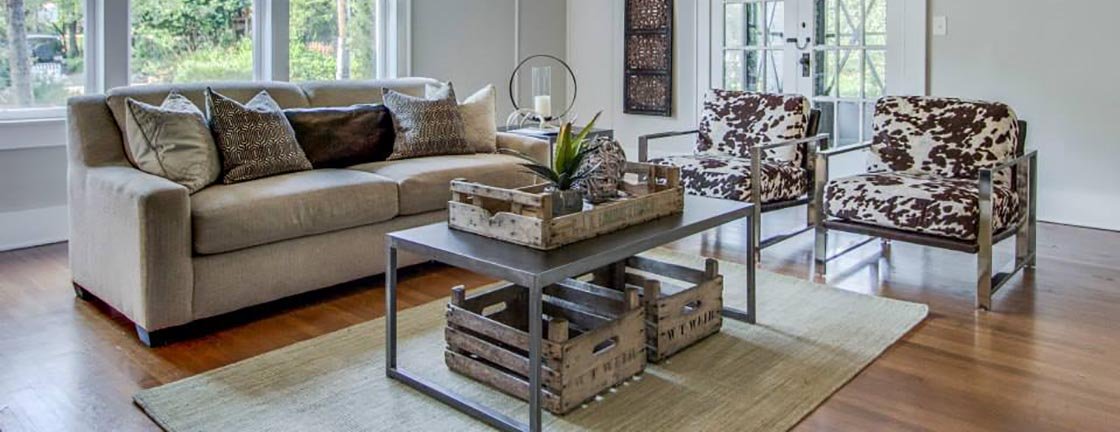
Student Furniture Rental
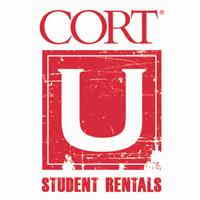
The Benefits of CORT Furniture Rental for Military Members

What Is the CORT Personal Service Guarantee?

Why Rent Furniture Instead of Buying New?
5 Tips for Moving Apartments with Kids
A Guide to Apartment Lease Types
Apartment vs House: Which Should I Rent?
Checklist for Moving to Another Country
Choose the Best Movers
For Renters: Tenant Rights & Natural Disasters
More Like This
15 Tips for Apartment Hurricane Preparedness
Apartment Fire Safety 101: What to Do Before & After
Apartment Parking Safety & Etiquette Tips
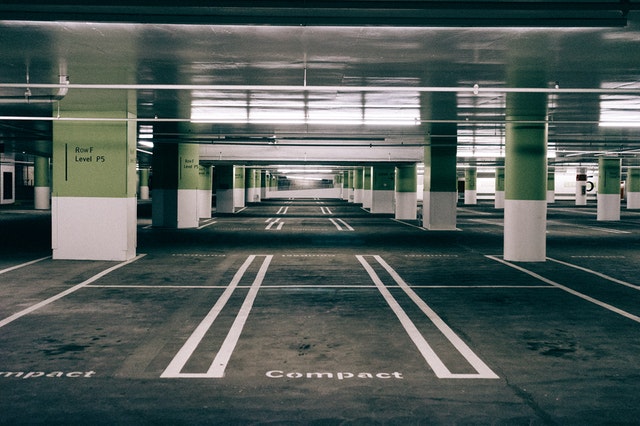
Apartment Rental Application Process
Apartment Safety and Security
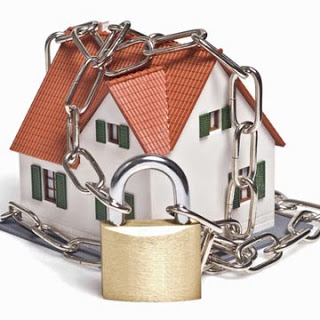
Apartment Safety Tips for Summer Vacations
